“Molon Labe” is an exhortation that never loses its relevance. Its message can be summarized in two words: fight and...
- There are no more items in your cart
- Shipping
- Total zł0.00
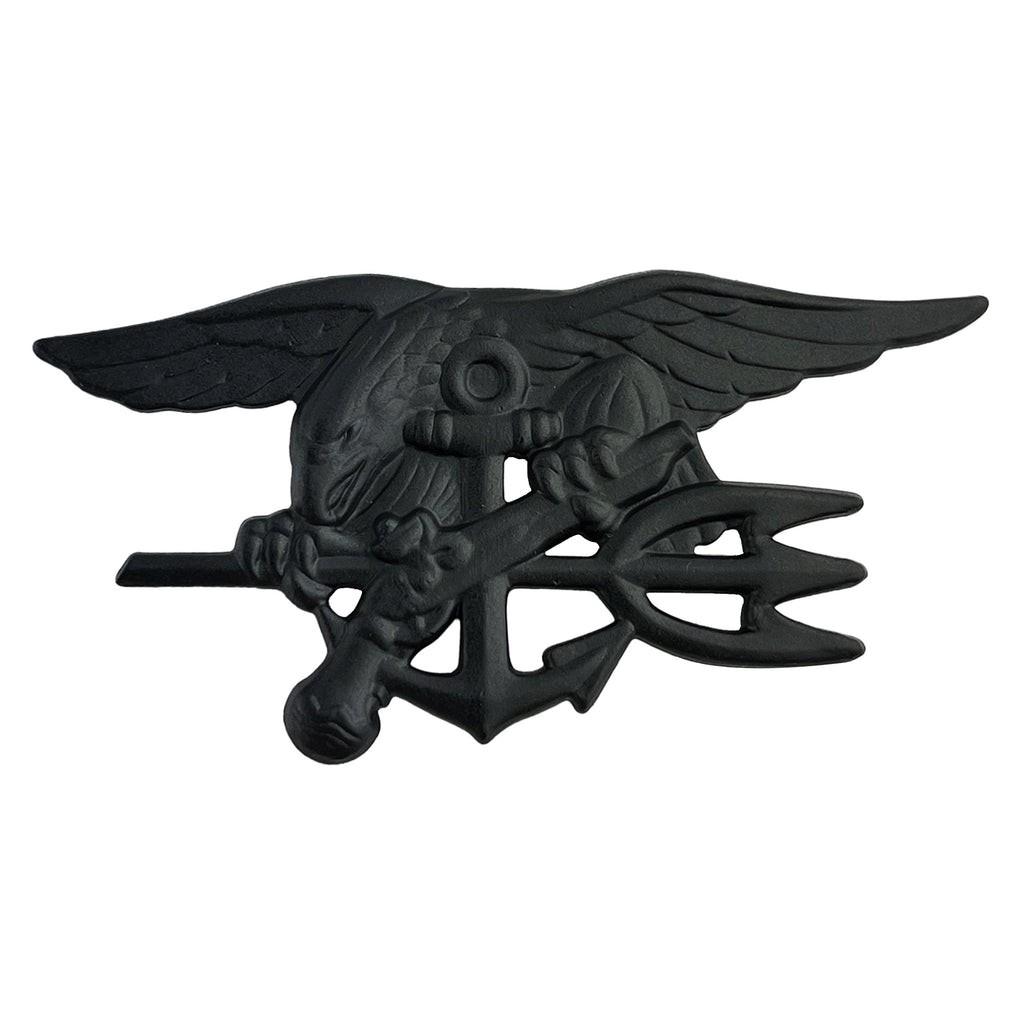
Operation Red Wings - how was it really like?
Operation Red Wings - often incorrectly referred to as Operation Redwing or Operation Red Wing - Marcus Luttrell's savior, Mohammad Gulab, claims "Lone Survivor" got it wrong...
On the night of June 27, 2005, with a sense of dread creeping over him, Luttrell and his fellow SEALs—Michael Murphy, Matthew Axelson and Danny Dietz—headed out for a recon mission in a dangerous part of Kunar province near the Pakistani border. A sniper and a medic, Luttrell packed a scoped military assault rifle and 11 magazines—three more than usual, he wrote in Lone Survivor. The SEALs were dropped in the "bad and barren" mountains to hunt for a Taliban leader "known to be one of Osama bin Laden's closest associates," Luttrell wrote. "He was also the kind of terrorist who would like nothing better than to mastermind a new attack on the U.S. mainland."
The next day, their mission unraveled. Around noon, as the Americans hid among rocks and fallen trees, a goat herder stumbled across Luttrell as two other herders, one of them a teenage boy, trailed behind with roughly 100 goats. The Americans were in a deadly bind. They had no rope to tie up the men, but letting them go might be a fatal mistake; the Afghans could alert the Taliban. "The main problem," Luttrell recalled Murphy, the team leader, arguing, "is the goats. Because they can't be hidden." Killing the men would be a problem too—the SEALs, Luttrell wrote, worried they'd be charged with murder if the media found out.
The way Luttrell tells it in his book, his team tried to contact headquarters but couldn't get through, so Murphy decided to take a vote: Axelson wanted to kill the herders, Dietz abstained, and Murphy deferred to Luttrell, who decided to let them go. "It was the stupidest, most southern-fried, lame-brained decision I ever made in my life," he wrote.
More than an hour and a half later, the SEALs spotted about 80 to 200 heavily armed militants above them. "My heart dropped directly into my stomach," Luttrell wrote. "And I cursed those fucking goatherds to hell."
Luttrell fired at one "hook-nosed Taliban warrior" and "blew his head off." The militants responded with a barrage of bullets. The Americans again tried to contact headquarters but couldn't get through. As gunfire rained down on them, the SEALs blasted back before tumbling down the mountain, as their attackers followed, firing rocket propelled grenades.
The battle raged for quite some time. The Americans were badly injured, Luttrell wrote, but continued to fight back, killing as many Taliban as they could, until they were nearly out of ammunition. "We must have killed 50 or more of them," Luttrell wrote. Murphy eventually realized their only hope was to call for help once again. From his position, he couldn't connect, so he sat on a small rock out in the open, making one last attempt. He succeeded, but it cost him his life.
A short while later, all of Luttrell's teammates were dead, and then a Taliban grenade blew him sideways and over a ravine. When he came to, the SEAL realized the blast had blown his pants off, and he was badly injured: His back and nose were broken, and his face was busted up, he wrote. His left leg was full of shrapnel, and his shoulder ached. Yet somehow Luttrell found the strength to move, crawling into a "crevasse" and waiting until it was safe to emerge.
What he didn't know at the time was that Murphy's call sprang the U.S. military into action. Eight members of the 160th Special Operations Aviation Regiment and eight Navy SEALs had quickly boarded a helicopter to come to his rescue. But as the aircraft flew over the mountains and the team prepared to rope down, an insurgent fired a rocket-propelled grenade. It struck the fuel tanks, Luttrell wrote, and no one survived.
When darkness fell, the SEAL started walking. He was exhausted, scared and dying of thirst, but he pushed on. The next day, he wrote, he stumbled upon a waterfall, where he drank a bit and cleaned his wounds.
That's when a few Afghan villagers appeared before him. "No Taliban!" one of them shouted. "No Taliban!" He gave Luttrell water and helped carry him back to their village. "[Soon]," Luttrell wrote, "I met my first real friend, Mohammad Gulab."
For days, Gulab and the other villagers protected Luttrell from the militants—even in the face death threats. They considered it their duty under Pashtunwali, a tribal honor code requiring them to protect those in need. As Gulab guarded Luttrell, the SEAL wrote, another villager went to a nearby U.S. military base with a note from the American.
Eventually, as the Taliban prepared to attack, Luttrell wrote, a team of Army Rangers arrived and whisked him and Gulab off in a helicopter that took them to a nearby U.S. military base in Asadabad.
Before they parted, Luttrell tried to give Gulab his watch, a token of his gratitude, but the villager declined. The two hugged. "I had no words in his language to express my thanks," Luttrell wrote. "Our paths, which had crossed so suddenly and so powerfully in a life-changing encounter for both of us, were about to diverge."
In the five years since Marcus Luttrell and Gulab had last spoken, the American had served another tour, retired and received the Navy Cross for heroism in combat for that mission in Kunar. He had also received permission from his superiors to publish his memoir, which he worked on with Patrick Robinson, a British novelist.
The SEAL, Marcus Luttrell, went on to write a best-selling memoir, Lone Survivor, which later became a hit film. And his newfound fame proved to be lucrative.
Later the former SEAL was setting up a nonprofit, the Lone Survivor Foundation, to help American military personnel adjust to life after war.
The former SEAL had also become an entrepreneur, launching his own clothing line (and later his own brand called Team Never Quit).
Marcus Luttrell's Savior, Mohammad Gulab, Claims 'Lone Survivor' Got It Wrong
The Afghan timber worker didn't fare so well. With a Taliban bounty on his head, he had to leave his village, and he's spent the past decade on the run, while trying to protect his family.
Luttrell invited Gulab to his house outside of Houston to meet with Robinson. For days, the British novelist and the Afghan villager chatted as the interpreter translated. Gulab had never read Luttrell's book—he can't read or write in any language, and he understood the movie was fictional. But as Robinson went through Luttrell's version of what happened in Afghanistan, Gulab thought many parts of the story were not the way he remembered them.
Most of the differences were minor. But a few turn that battle against some of the world's most dangerous militants into something far less heroic. Gulab maintains the SEALs were far from the stealthy, superhuman warriors described in Lone Survivor. They didn't die because they spared civilians, he says; they died because they were easily tracked, quickly outmaneuvered and thoroughly outgunned. The militants, like many others in the area, heard the helicopter drop the Americans on the mountain, Gulab claims. The next morning, they began searching for the SEAL's distinctive footprints. The way Gulab heard it from fellow villagers, when the militants finally found them, the Americans were deliberating about what to do with the goat herders. The insurgents held back. After Luttrell and company freed the locals, the gunmen waited for the right moment to strike.
The battle, Gulab claims, was short-lived. He wasn't on the mountain with Luttrell but says everyone in the village could hear the gunfire. Gulab scoffs at the estimate by Naval Special Warfare Command that 35 Taliban died in the battle. (A Navy spokesman declined to comment on the matter.) But the Afghan claims the villagers and American military personnel who combed the mountain for the bodies of the dead SEALs never found any enemy corpses. (Andrew MacMannis, a former Marine Colonel who helped draw up the mission and was on scene during the search and recovery effort for the dead SEALs and other military personnel, says there were no reports of any enemy casualties.)
More puzzling: While Luttrell wrote that he fired round after round during the battle, Gulab says the former SEAL still had 11 magazines of ammunition when the villagers rescued him—all that he had brought on the mission.
Gulab wasn't the first to question the accuracy of Lone Survivor. In his 2009 book, Victory Point, the journalist Ed Darack wrote about the 2nd Battalion of the 3rd Marine Regiment in Afghanistan, the unit that planned the mission. He uncovered a bevy of discrepancies in Luttrell's account. Some are small: He got the name of the operation wrong—it was Red Wings, like the hockey team, not Redwing. Others are more significant: The target, Ahmad Shah, wasn't an international terrorist or a close bin Laden associate. He was the head of a small Taliban-linked militia. Citing reports gleaned from phone and radio intercepts, Darack estimates only eight to 10 militants attacked the SEALs, not 80 to 200. In fact, two graphic videos the gunmen shot during the firefight show only seven men in Shah's militia.
"[Luttrell's claims] are exaggerated nonsense," says Patrick Kinser, a former Marine infantry officer who participated in Operation Red Wings and read the former SEAL's after action report. "I've been at the location where he was ambushed multiple times. I've had Marines wounded there. I've been in enough firefights to know that when shit hits the fan, it's hard to know how many people are shooting at you. [But] there weren't 35 enemy fighters in all of the Korengal Valley [that day]."
Fragments of an article by R.M. SCHNEIDERMAN on 05/11/16 on www.newsweek.com.
On September 14, 2006, Dietz and Axelson were posthumously awarded the Navy Cross for "undaunted courage" and heroism. Luttrell was also awarded the Navy Cross, in a ceremony at the White House. In 2007, Murphy was posthumously awarded the Medal of Honor for his actions during the battle.

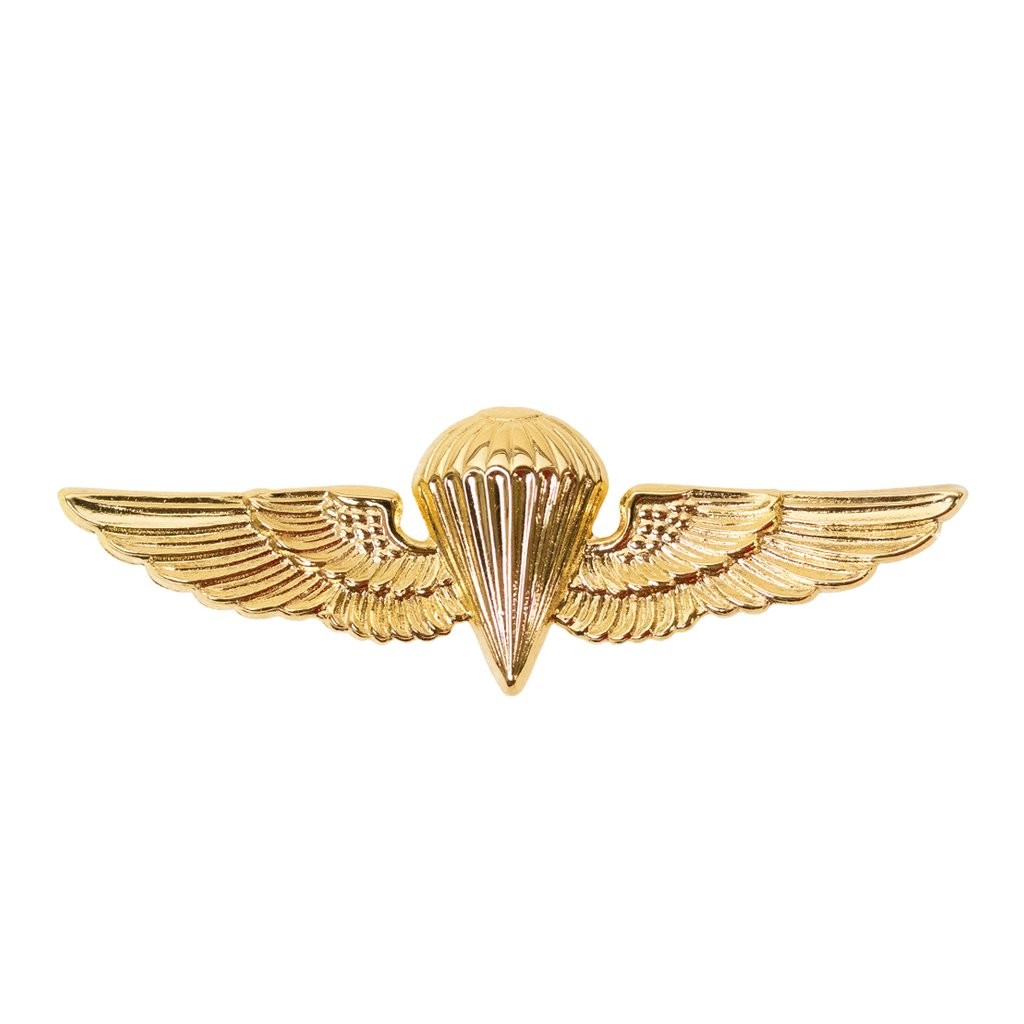
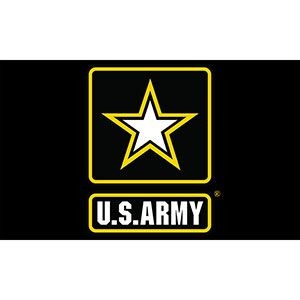
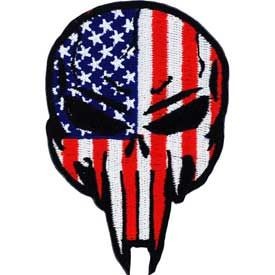
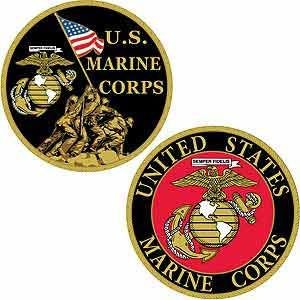

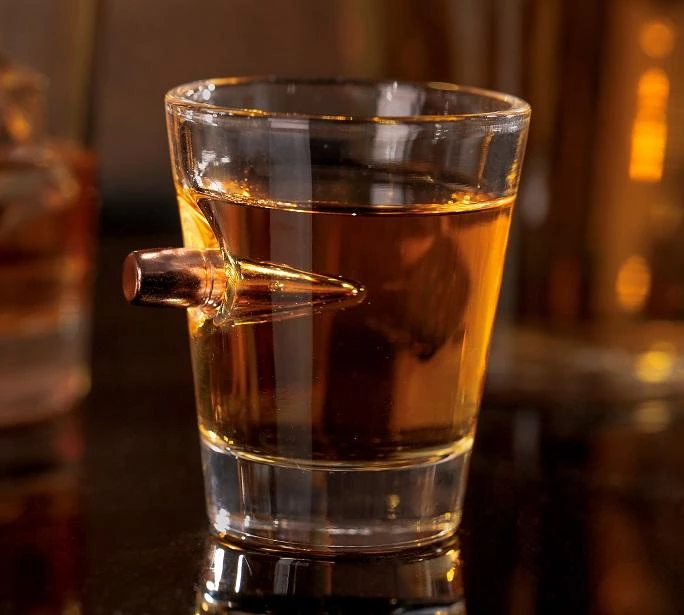
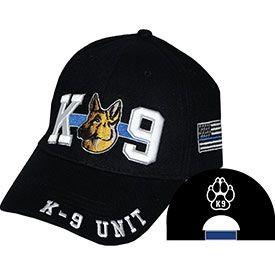
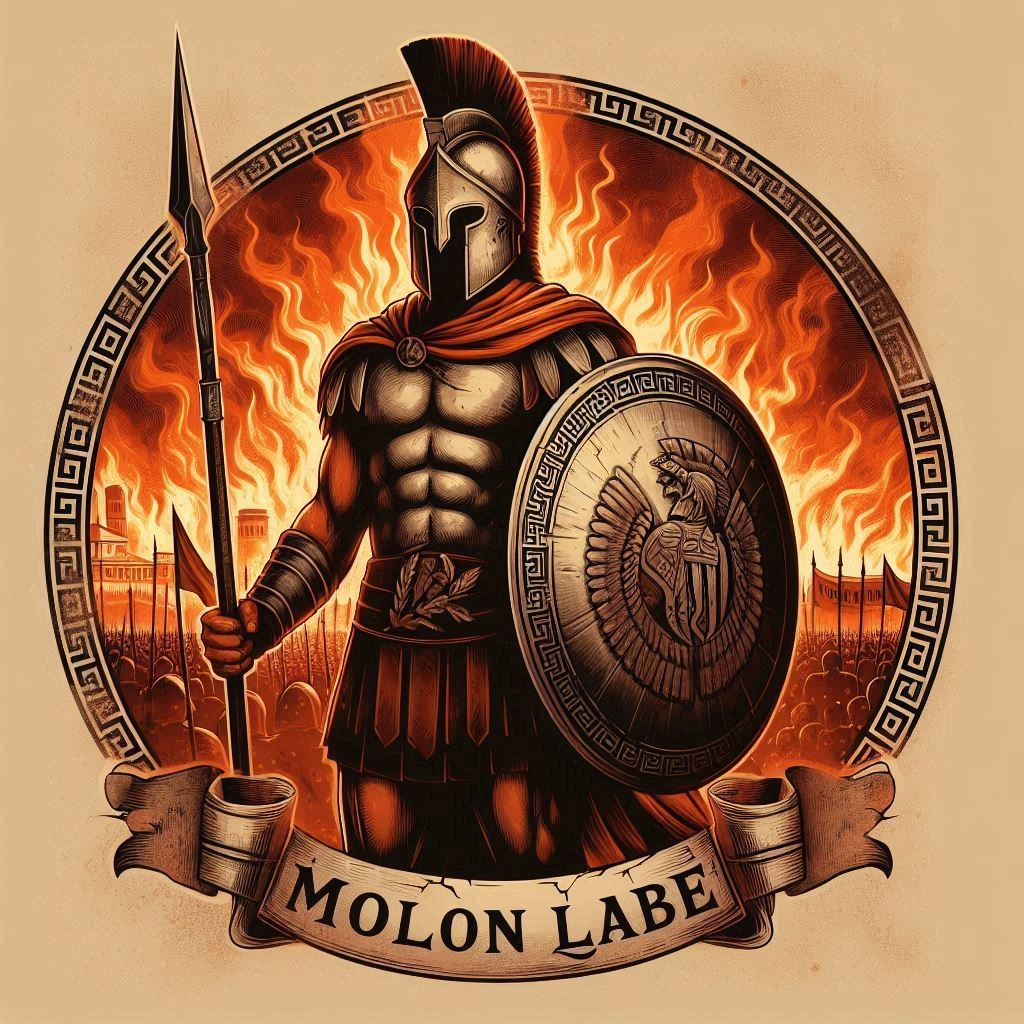
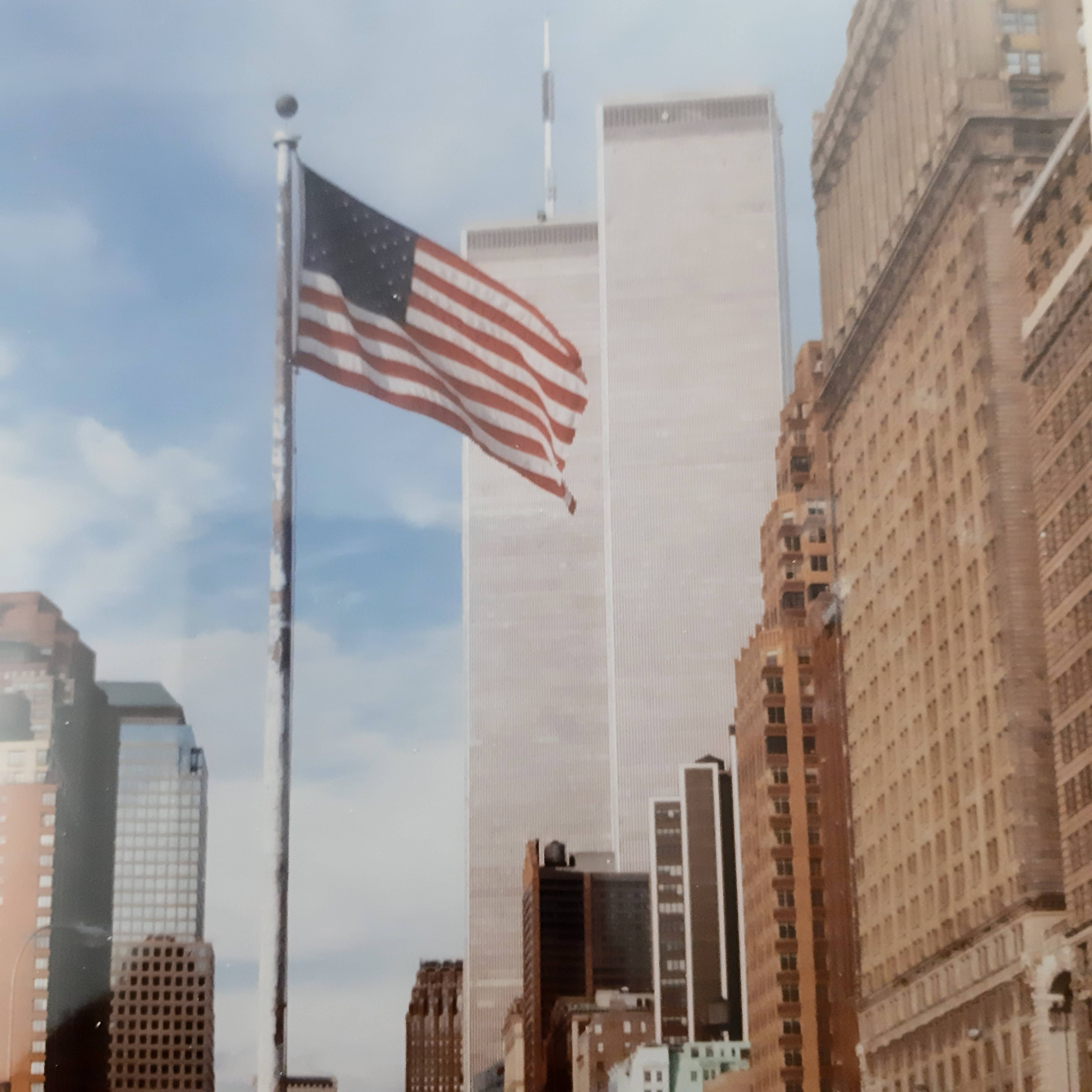
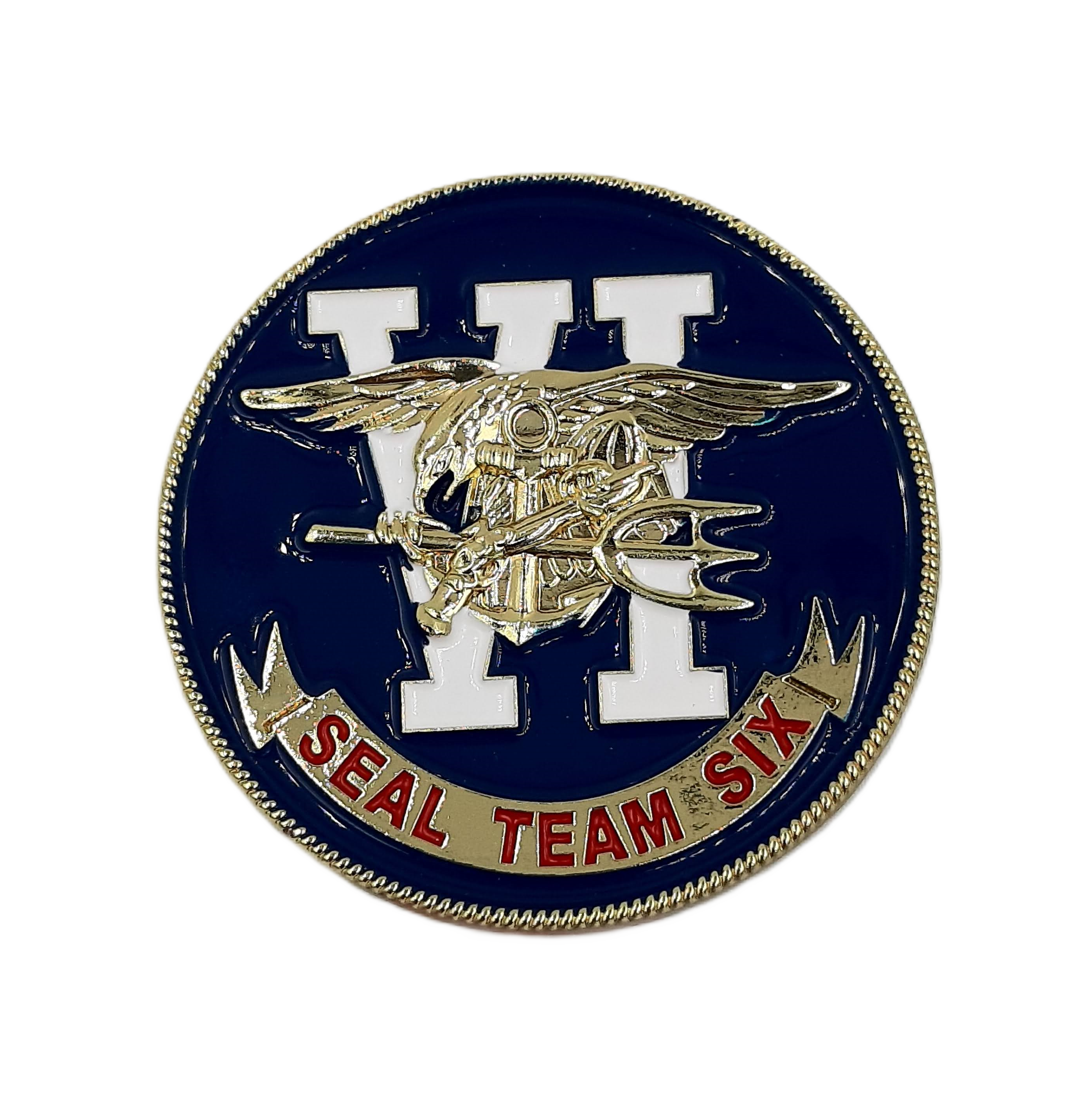

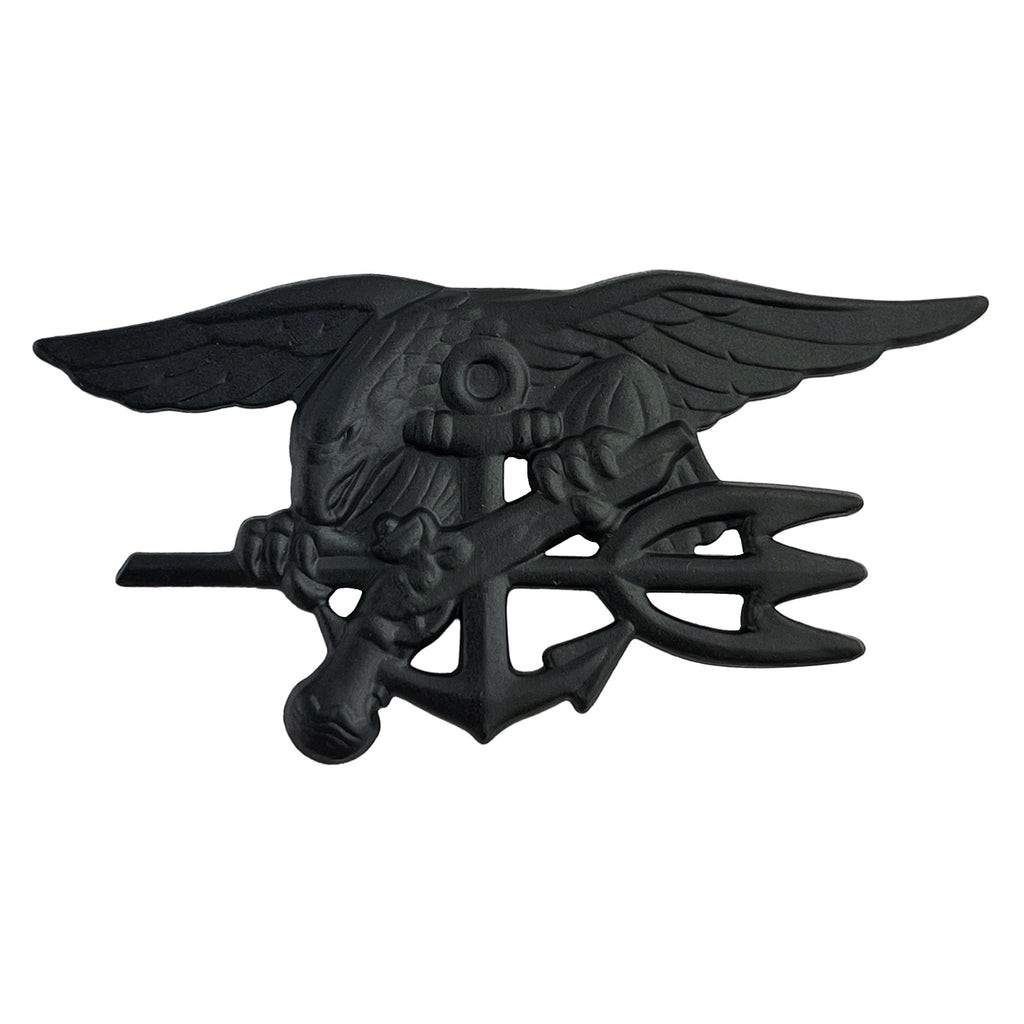
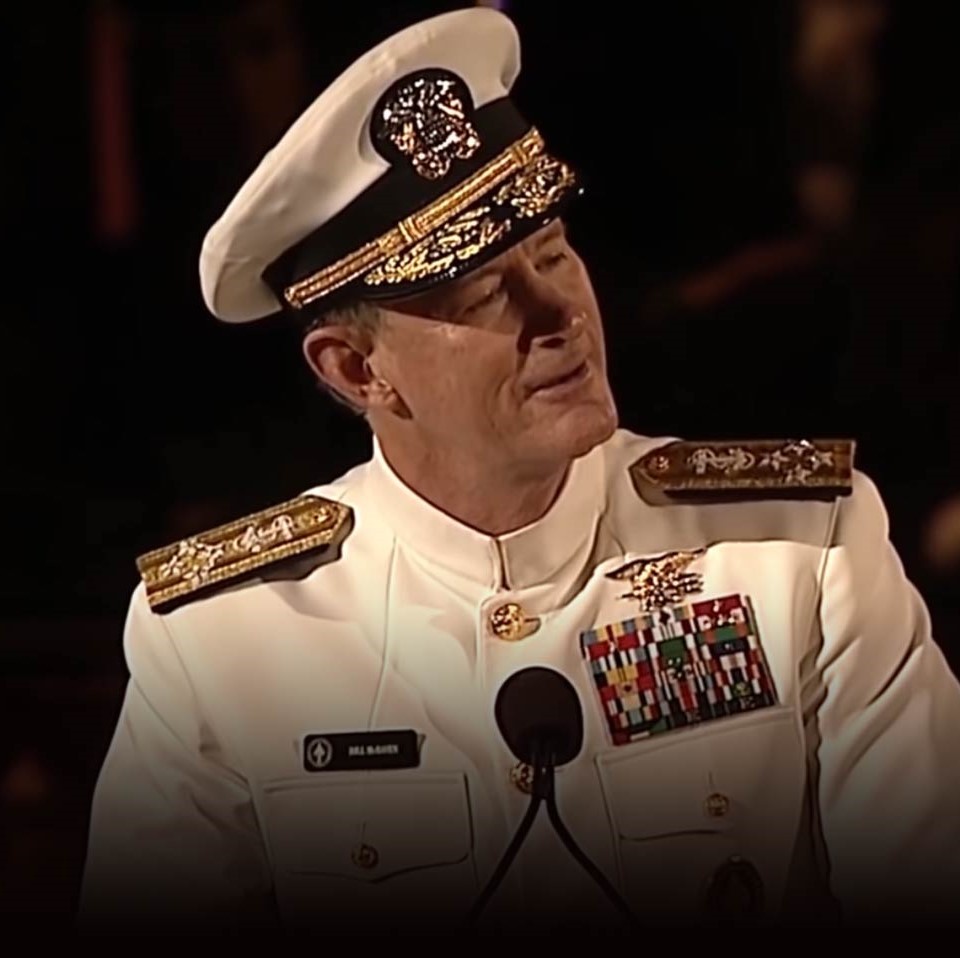
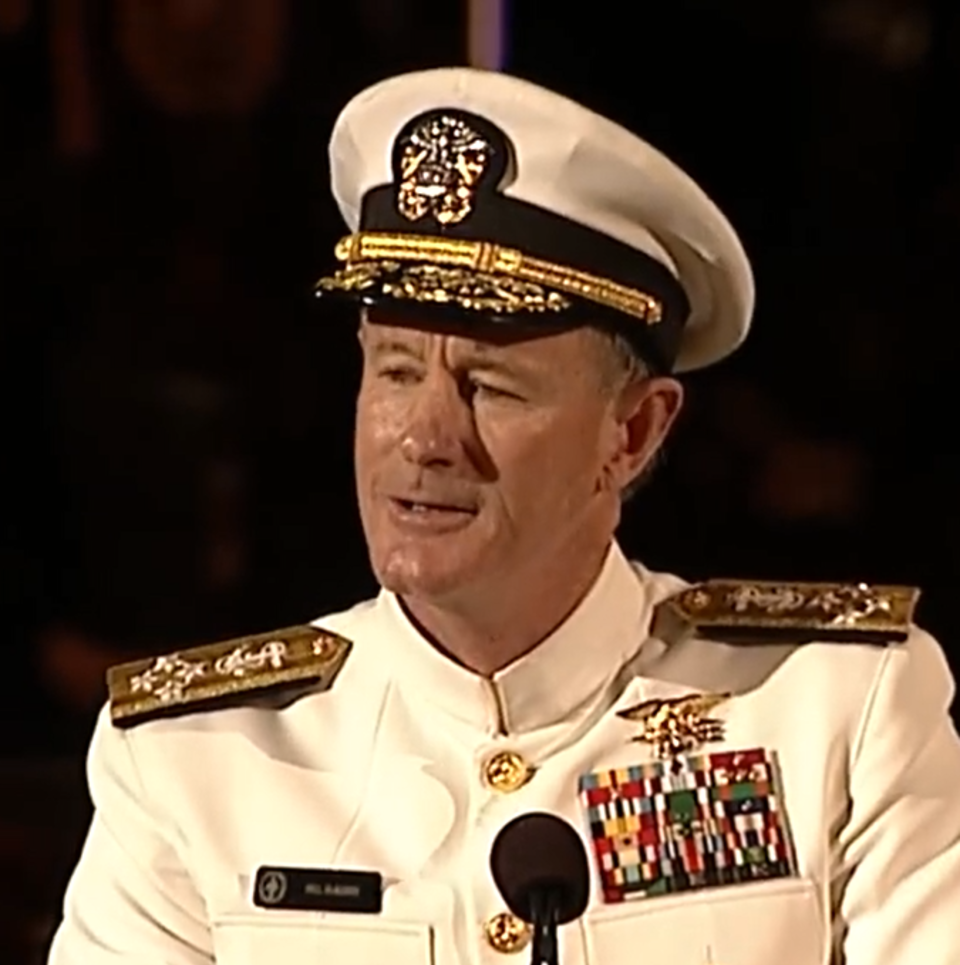
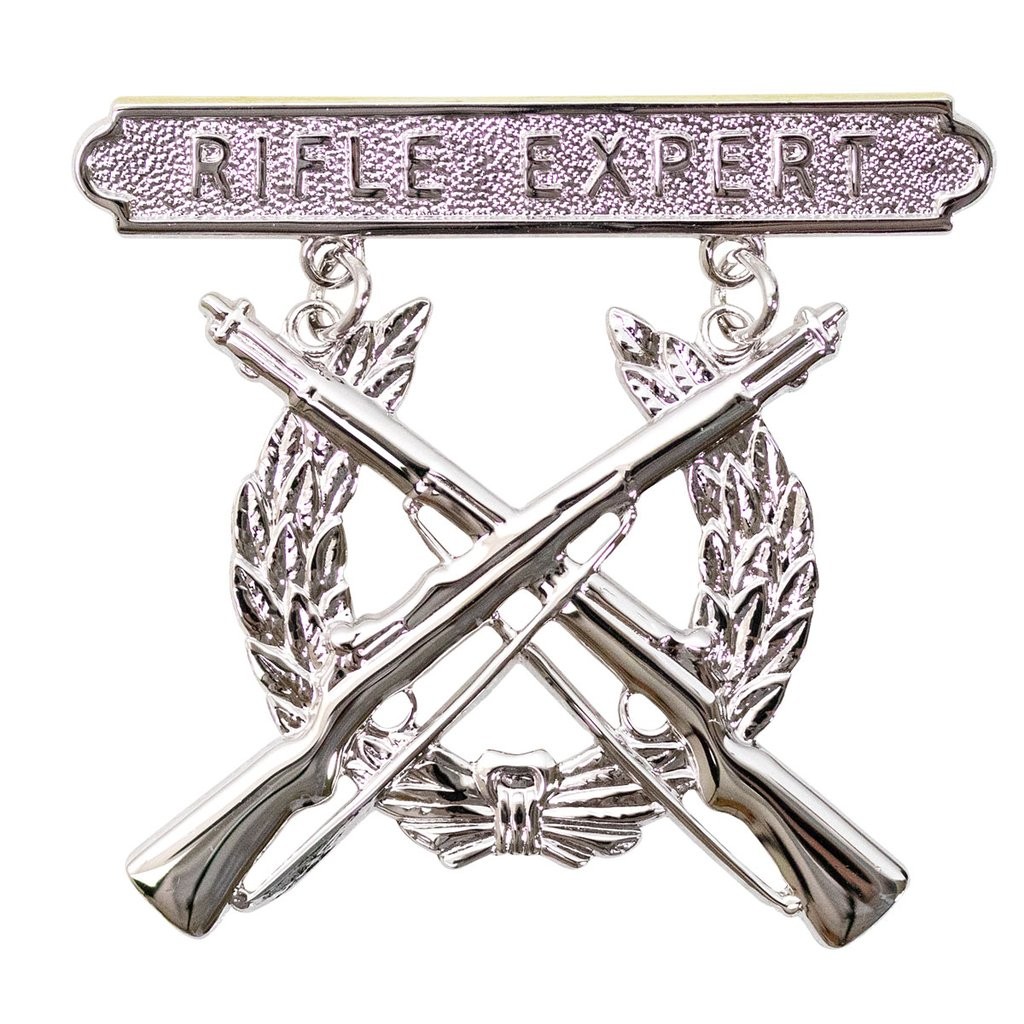
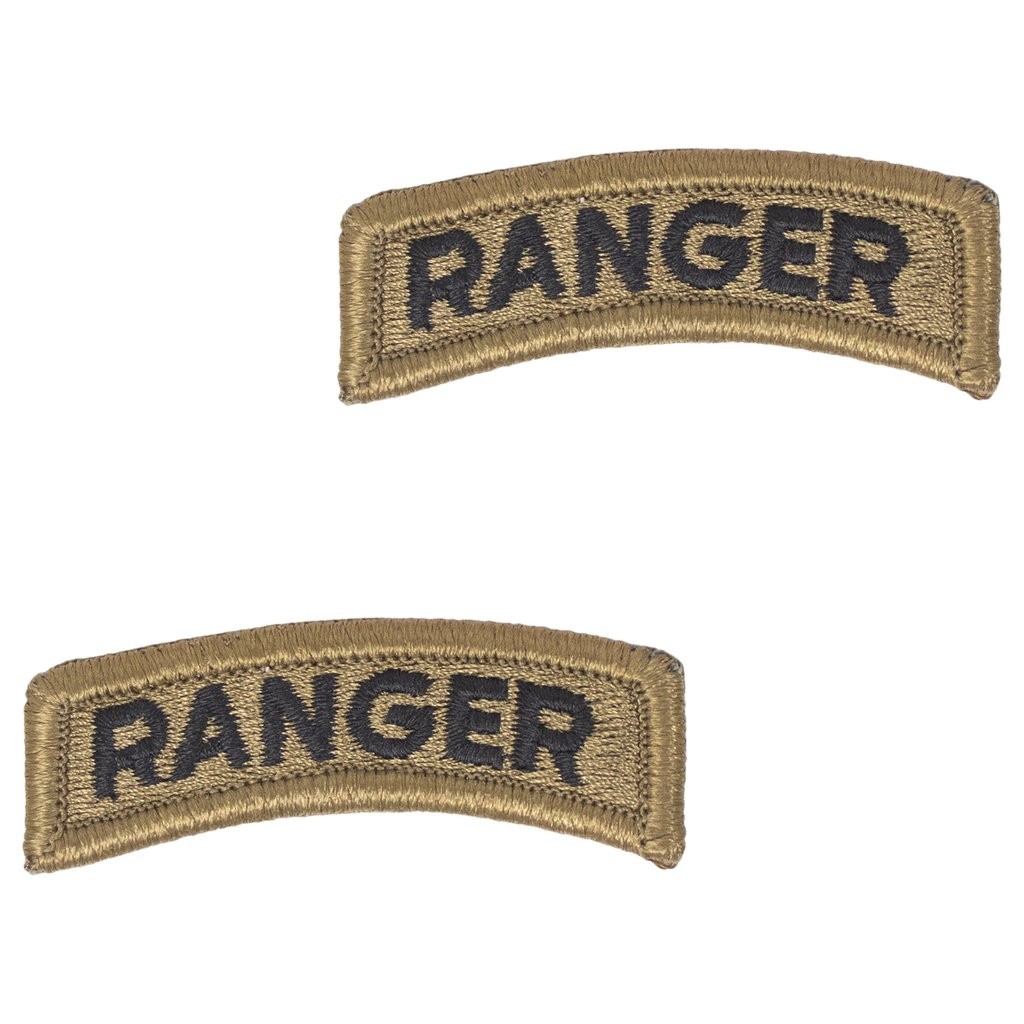
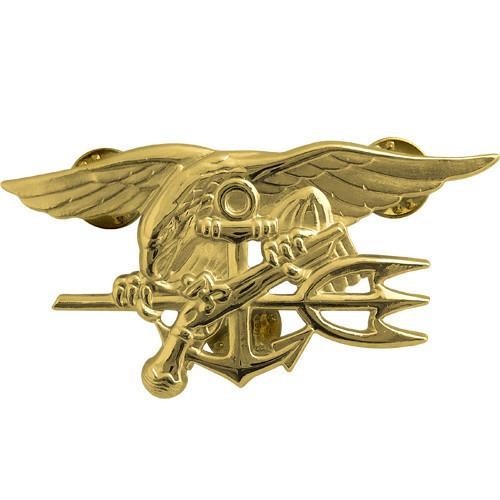

Leave a comment
Comments
Talibowie.
By: Piotr G. On 2025-01-19Talibowie nie przestrzegają pasztunwali ?